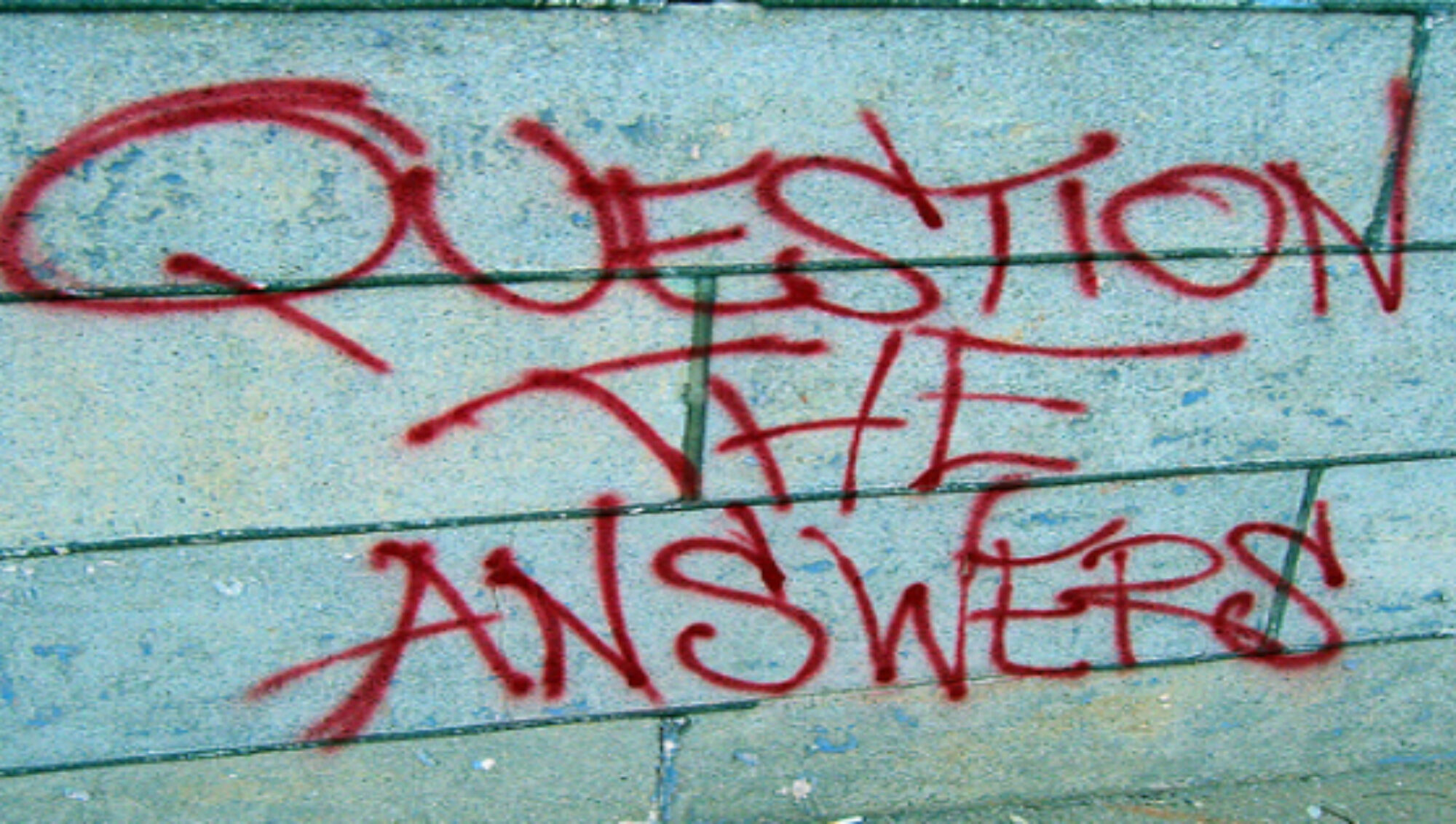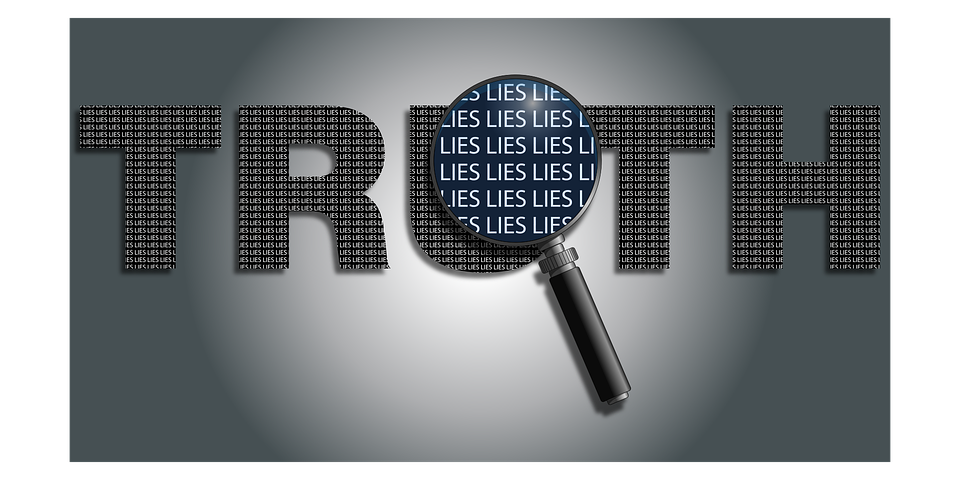The lie fulfills our expectations. It is denounced and derided, but reassuring in its familiarity.
The lie stabilizes the political. We are comforted when events – even those unwelcome – mirror our expectations.
The lie is easily inhaled. It is a puff of smoke; emerging with vigorous intent, but quickly dissipating into the haze of political exhaust.
The lie obscures. The utterance of the lie generates its own world of political commentary. Specifics dissipate into a never-ending series of accusations and allegations about the effects, not of the particular lie, but of lying itself.
The lie is transformed into the concept of lying. The web of perspectives and interpretations which construct a specific lie becomes irrelevant.
The lie cannot be sufficiently interrogated unless one wades through a social and political quagmire that is increasingly ungraspable.
The lie shields us from the labyrinth any search for the true would entail.
The lie is soothing in its indeterminacy. A lie is a lie because others say it is. That is sufficient.
The lie comforts us that the “facts” must be out there somewhere; they are merely being hidden from us. The more the true remains hidden, the more we are convinced of its existence.
The lie generates the need for the “true,” not the other way around.
“You know there’s no crooked politicians. There’s never a lie because there is never any truth.” Lenny Bruce
The true is a rebellion against the lie and does not emerge from, or ultimately require, a world of measurable empirical objects
The true is too complex and indeterminate to construct fixed boundaries between itself and the lie.
The true tears at the simplicity of the lie. It rejects the balm of totalizing acceptance or rejection.
The true has the power to destabilize the political. It sends us on an eternal search for a “real” which is nothing more than an endless series of perspectives.
The true is strong in inverse proportion to the degree it is investigated.
The true is strengthened by its obscurity. The more coarse the battle over its content, the more we are convinced of the purity at its heart.
The true is always an interpretation. That statement is an interpretation. As is that one.
The true is rarely about that which is quantifiable; it is a rumination on whether a particular policy or action represents “(in)justice” or “(in)equality.” This does not mean that the crowds at President Trump’s inauguration were the largest in history. That was a “hallucination.”
The true doesn’t terminate with the empirical world, but always tumbles into metaphysical concepts such as “freedom,” “equality” and “justice.” It is the application of these concepts, not discrete measurable “facts,” that constructs the essence of what is true.
Metaphysics engages a world of self-referential concepts which point to nothing other than themselves. Justice=Equality=Liberty=Justice. In no particular order.
Metaphysics is enforced when a series of “facts” are sufficiently connected to the language of a concept we know nothing about but claim to believe in. The metaphysical concept gives meaning to the “true” and transforms “facts” into carriers of social and political import.
Metaphysics unwillingly exposes these concepts to be chasms of strategies, illusions, and interpretations. The lie avoids these incommensurable battles; the true requires it.
Metaphysics constructs an “arc of justice” and then compels us to treat it like a moving walkway in an airport. We need not focus on the constant detours into the odious – wait long enough and we’ll all be transported to the special, and inevitable, destination.
Metaphysics is the self-indulgent dream of academics and a manipulatable nightmare in the hands of politicians.
Metaphysics was born at the death of Plato and died at the birth of Nietzsche. Any political theorist will tell you that. This is another reason not to talk to political theorists.
Metaphysics demands absolute loyalty. To argue about concepts which have no meaning makes you a philosopher. To question the existence of those concepts is to be deemed a nihilist. Philosophers don’t like nihilists. Nobody likes being told they have spent their lives engaged in magical thinking.
Metaphysics was conjured out of a fear of nihilism just as the true is constructed to counter the distaste for the lie.
Nihilism replaces the arbitrary absolutism of the metaphysical with the perpetual play of perspectivism. That’s one view.
Nihilism deconstructs the “arc of justice” and compels us to treat it like a moving walkway in an airport. Stand motionless and it will deliver you to your destination – an abyss of airline dehumanization cleverly coded as “something special in the air.” Walkways, like arcs, always lead to something special.
Nihilism rejects the lure of the true. Or the lie.
Nihilism points to the erratic and haphazard forces which separate the “lie” from the “true.” This separation is a lie. And the truth.
Nihilism requires nothing; metaphysics promises everything.
Nothing is true. Everything is a lie.
–RWG–

